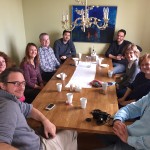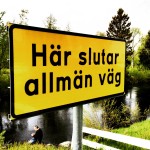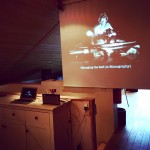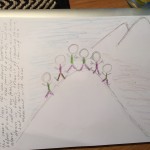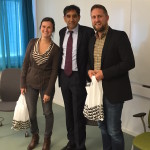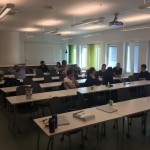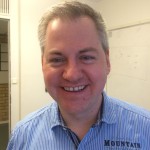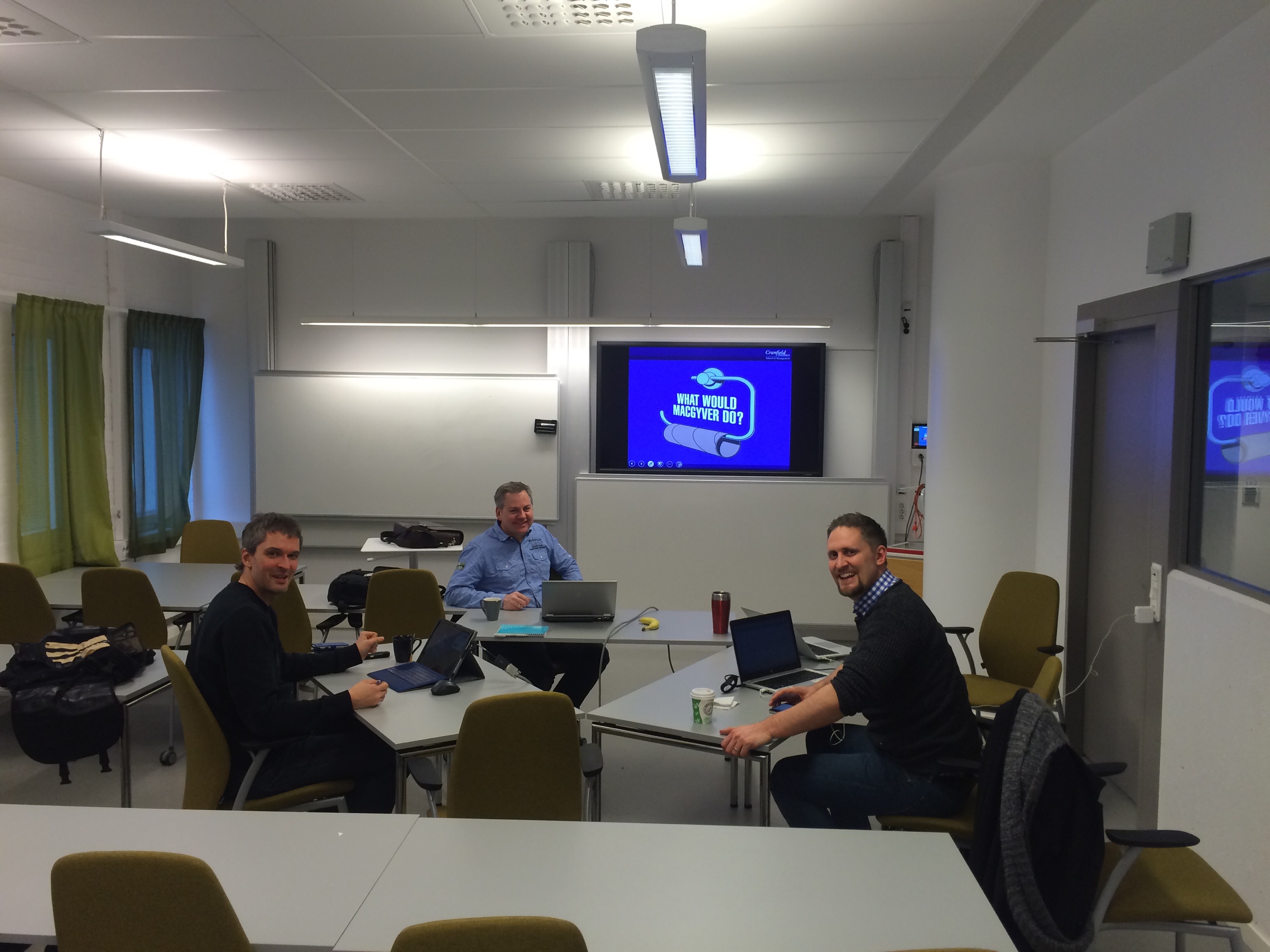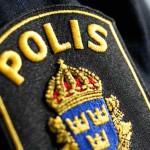Organizer
TripleED @ Umeå School of Business and Economics
WHEN: 21st of May, 13.00 – 17.00
WHERE: S 305, Social Sciences faculty building
PRE-REGISTRATION REQUIRED
Description: “Working at the Emergency Department” is a panel organized by the research group “Extreme Environments, Everyday Decisions” (TripleED) at Umeå School of Business and Economics. The panel brings together scholars and practitioners with an interest in the everyday practice of emergency departments, specifically the Stanford University Emergency Department and Umeå University hospital Emergency Department. The central theme revolves around the challenges and opportunities in the daily work; for example, organizational routines, decision-making and team dynamics. The panel consists of representatives from Stanford and Umeå, as well as scholars from the research team TripleED. After the presentations there will be an open discussion about the issues and insights.
Invited panelist:
Dr. Swaminatha Mahadevan, Associate Professor of Emergency Medicine/Surgery (Medical Center Line) at Stanford University School of Medicine; served as Associate Chief of Emergency Medicine and ED Medical Director for Stanford University Medical Center from 2000-2012. Dr. Mahadevan is lead editor of the textbook, An Introduction to Clinical Emergency Medicine, which was awarded the 2006 American Medical Writer’s Association Award: Physician’s Category, as the top medical textbook in the United States for all specialties. He has received numerous prestigious university and national teaching awards.
Dr. Toralph Ruge, Ph.D. Department of Surgery at Umeå university hospital. Dr Ruge is a senior consultant in emergency medicine and responsible of the education of doctors in emergency medicine at the department. He has also published several articles in scientific journals.
Virginia Rosales, MSc, doctoral student in the TripleED research team. Her doctoral studies focus on the interplay between professional roles and organizational routines in the daily practice at the emergency department at Umeå University hospital.
Martin Svensson, Assistant Professor at Blekinge Institute of Technology, and affiliated to TripleED. Svensson’s research focuses on psychological aspects within economic and organizational settings. These interests have been manifested in studies regarding the underpinnings of decision making in practice in the emergency call center domain and in emergency departments.
Registration: Send an email to Virginia Rosales (virginia.rosales@umu.se) if you are interested in participating. There are a limited number of seats available, distributed on a first come first serve basis.
